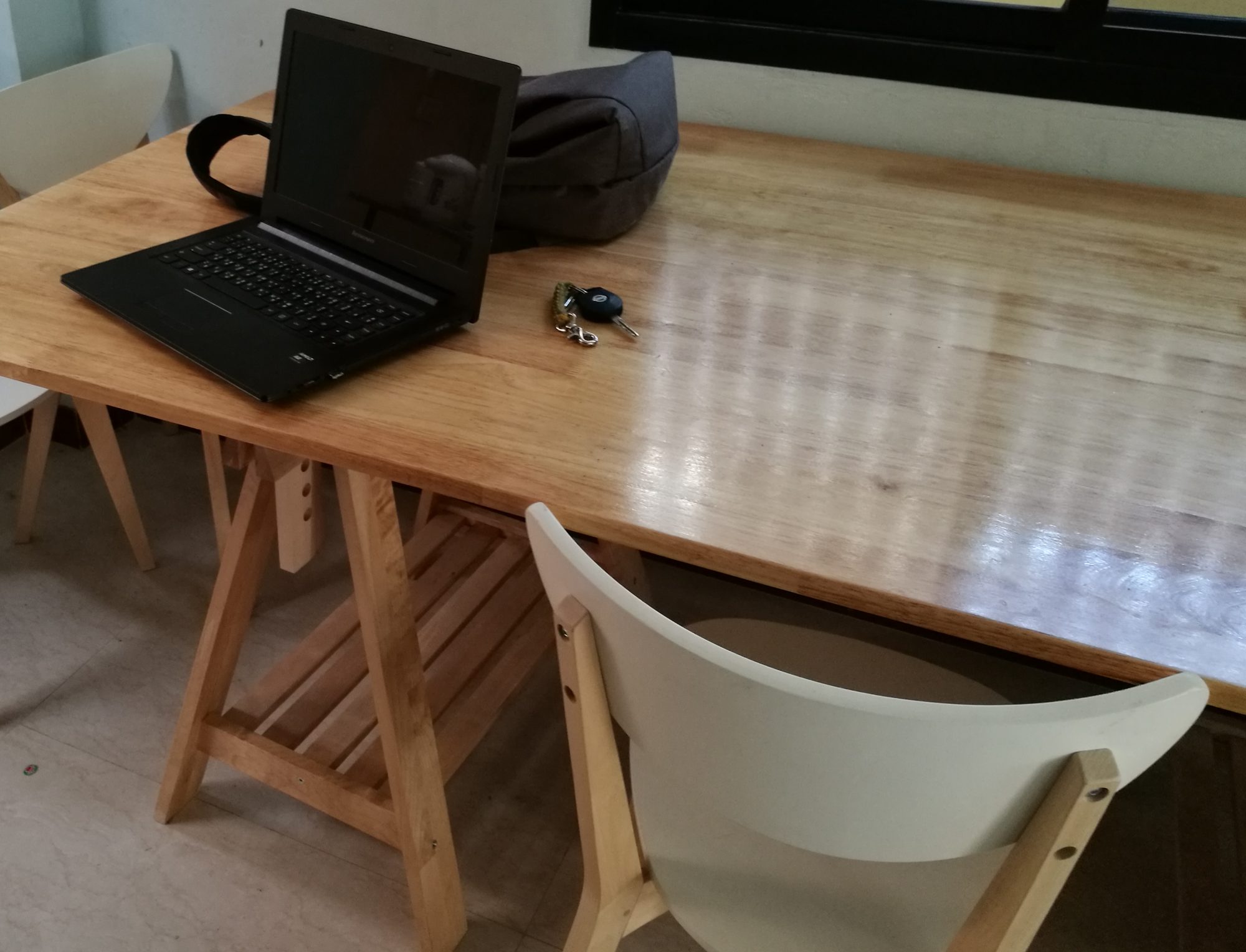By Pia Lee-Brago
CEBU Leaders of the Association of Southeast Asian Nations (ASEAN) took the bold step of approving a blueprint for a charter that would allow the suspension of misbehaving member states from the 10-nation regional bloc.
The leaders signed a blueprint endorsing the recommendations of the Eminent Persons Group (EPG), composed of veteran diplomats from across the region, for ASEAN’s first-ever charter. The charter would reject “unconstitutional and undemocratic changes in government.”
Leaders declared the signing of the blueprint as “a momentous undertaking and crowning achievement.”
Malaysian Prime Minister Abdullah Badawi said ASEAN leaders, including Myanmar, expressed their satisfaction over the draft charter presented by the EPG.
Myanmar’s ruling generals have thus far snubbed regional and international pressure for political reform.
The blueprint will form the basis of a mini-constitution that will be drafted by a high-level task force to be appointed by the members this year and presented to ASEAN leaders in December.
As ASEAN becomes a rules-based organization, there must be implementation and monitoring of the members’ compliance with the charter, Singapore’s Deputy Prime Minister Professor S. Jayakumar said.
“And if there are serious breach of fundamentals, the ASEAN leader should be empowered to take measures to address that, which may include temporary suspension of the rights and privileges of members. In extreme cases, expulsion is not being ruled out,” he said.
Jayakumar said the ASEAN charter would spell out the rights and obligations of each member state, as well as the governing principles of the organization.
Former President Fidel Ramos, the Philippine representative to the EPG, said the report and recommendations were forged with best efforts over the past 12 months and numerous consultations with high officials, parliamentarians, civil society and other advocacy groups.
“The report has been endorsed by the heads of government,” said Musa Hitam, a former Malaysian deputy prime minister and member of the EPG.
Ramos also warned that other economic blocs elsewhere in the world were “moving ahead of ASEAN” in transforming into a rules-based organization.
If Southeast Asia does not keep in step, “we are going to be left behind,” Ramos told the news conference here.
Abdullah told a news conference that ASEAN leaders expressed differing views over some of the provisions of the proposed charter but there were “no violent disagreements.”
“We would like to have that charter,” Badawi stressed before reporters here during the summit.
Moments later, Badawi was joined by other ASEAN leaders in declaring their support for the charter.
ASEAN has always acted in the past on informal consensus, leaving it open to criticism that it is little more than a “talking shop” incapable of getting unruly member states to fall in line.
The issue has come up most often regarding the ruling generals of Myanmar, who have snubbed regional and international pressure to make concrete progress on its would-be “road map” for democracy and political reform.
Hitam pointed out the draft would call for “more effective decision-making” that should be adopted by the 10-nation bloc.
“If consensus cannot be achieved, decisions may be taken through voting, subject to rules of procedure determined by the ASEAN council,” according to an executive summary of the document.
Serious breaches of the provisions of the charter would empower leaders to impose sanctions including “the temporary suspension of the rights and privileges of membership.
“And of course, in extreme cases, expulsion is not to be ruled out.”
Hitam said the group has adopted some of the salient features of the charter of the European Union (EU).
“We never used EU as a pattern but as a reference point. Some of us visited the EU and engaged in consultations. I have become more conservative with ASEAN, because I have learned that the EU is not the best reference points for ASEAN. In many many cases, we just have to put them in a shelf as reference point,” Hitam said.
Ali Alatas, of Indonesia, said ASEAN had not adopted any charter that would identify the rights and obligations of its members.
“Up until now, we have never had a charter,” said Alatas, a member of the EPG. Aurea Calica, AFP, AP
